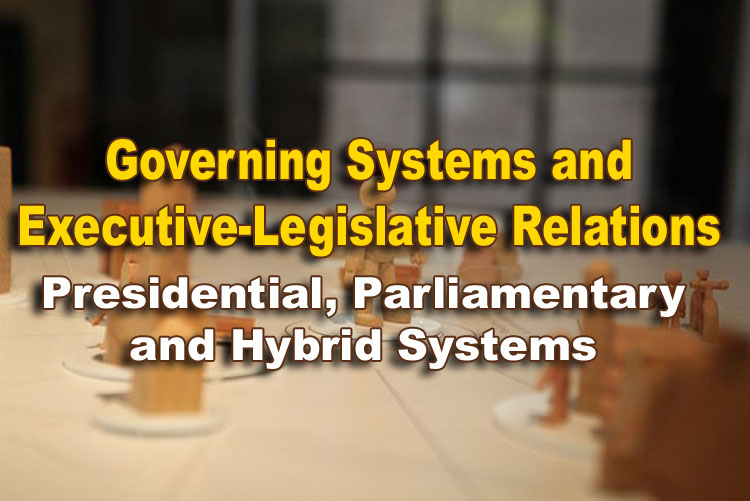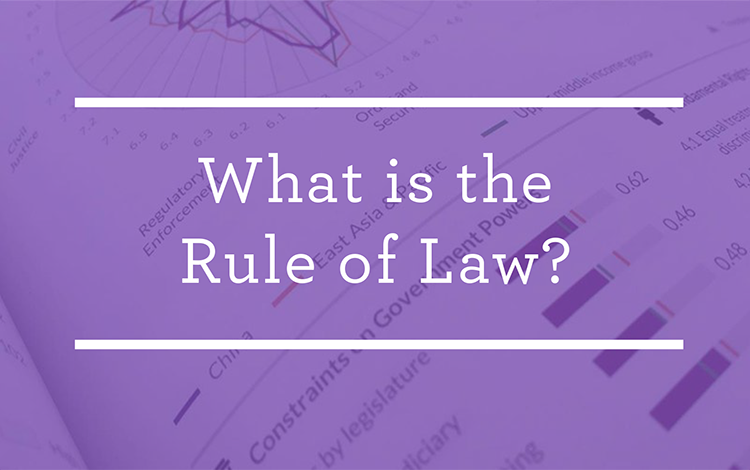Governing Systems and Executive-Legislative Relations | Constitutional Law CSS
The relations among a country’s governing institutions differ depending on whether a country has a presidential, parliamentary or hybrid political system. Although each country has its own variance on these political typologies, some conclusions have been drawn about the characteristics of each of these systems and their relationship to political conflict and executive and legislative power. | Governing Systems and Executive-Legislative Relations These generalizations are useful for helping to determine characteristics of political systems of other nations three aspects of executive-legislative relations: | Governing Systems and Executive-Legislative Relations

